The appointment of Olayemi Cardoso as the new head of Nigeria’s central bank heralds a pivotal moment in the country’s monetary policy. Set to address a gathering of bankers in Lagos, Cardoso’s upcoming speech holds immense significance, promising insights into the strategies and policies that will shape Nigeria’s economic future.
This event, historically known for unveiling major policy directions since 1966, serves as a beacon of hope amid recent turbulence within the central bank.
Turmoil and Necessitated Change
The preceding months have witnessed a whirlwind of challenges for Nigeria’s central bank. Following the suspension and subsequent arrest of former head Godwin Emefiele, the institution grappled with uncertainty.
The absence of clear policy decisions since July, coupled with the naira’s significant devaluation and soaring inflation, has left investors and importers seeking clarity and stability.
Imperative Policy Adjustments
Cardoso’s impending address raises pivotal questions surrounding the clearance of dollar demand backlog, effective management of the naira’s value, and bridging the gap between official and black-market rates. While hints about limiting currency market intervention and eradicating parallel trading have surfaced, implementation remains a complex challenge.
Aligning Strategy with National Economic Vision
Crucially, the central bank’s strategies are anticipated to align with President Bola Tinubu’s outlined economic policies, co-authored by Cardoso. Emphasizing growth stimulation and subsidy eliminations, these policies hold promise but have also triggered sudden price hikes in transportation.
Rectifying Past Failures
Emefiele’s tenure was marked by attempts to control the naira, resulting in multiple exchange rates and increased reliance on the black market. Approving substantial government loans led to record public debt and ongoing legal troubles. Cardoso acknowledges past corporate governance failures and vows to address compromised autonomy within the institution.
Anticipating Future Challenges
The real litmus test for Cardoso’s leadership could surface if the state seeks financial assistance, similar to previous instances. Such requests may stress the new leadership’s ability to maintain fiscal prudence while balancing national economic needs.
Regional Dynamics: Impact Beyond Nigeria
Beyond Nigeria’s borders, regional economic dynamics unfold. Angola’s potential departure from OPEC+ amidst disputes over production quotas raises speculation about Africa’s crude oil landscape. Ghana’s record-high loan interest for cocoa purchases reflects the challenges faced after debt restructuring, impacting investor sentiment.
Congo’s Banking Reforms and Resource Battles
Congo’s central bank directive mandating banks to diversify ownership structures raises concerns, while AVZ Minerals’ success in retaining Congo’s lithium deposits showcases ongoing resource battles amidst changing regulations.
Corporate Accountability and Environmental Concerns
A UK court’s ruling allowing Nigerian fishermen to pursue claims against Shell over oil pollution amplifies corporate accountability concerns. Nigeria’s insistence on tax payments from shipping companies rekindles disputes and affects maritime traffic in its waters.
South Africa’s Climate Finance Strategy and Infrastructural Challenges
South Africa’s allocation of climate finance to coal-centric regions contrasts environmental objectives with economic realities. Meanwhile, port congestion highlights infrastructural shortcomings, hindering maritime operations and necessitating potential bailouts for logistics firms.
Conclusion: A Call for Stability and Strategic Vision
In the face of regional economic shifts and internal challenges, Nigeria’s central bank, under Cardoso’s leadership, stands at a critical juncture. The upcoming address holds the promise of clarity, stability, and a roadmap for economic revival.
Yet, the journey toward stability demands steadfastness, adept policy execution, and a balance between national needs and global economic dynamics. As Nigeria navigates these challenges, the world watches, hopeful for a resurgence that not only stabilizes the country’s economy but also fosters investor trust and confidence in Africa’s economic potential.














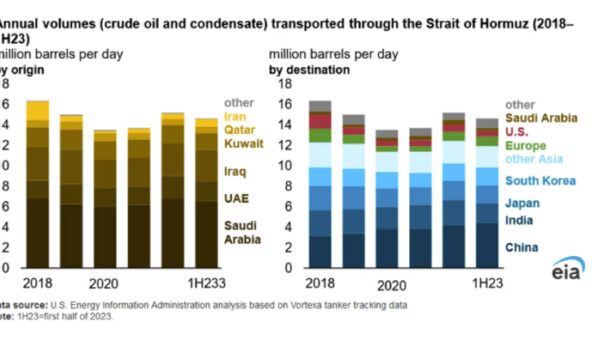
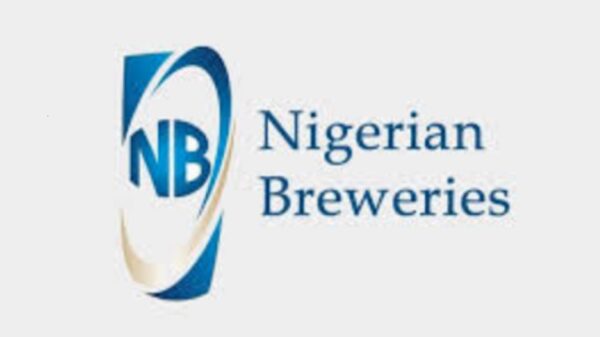




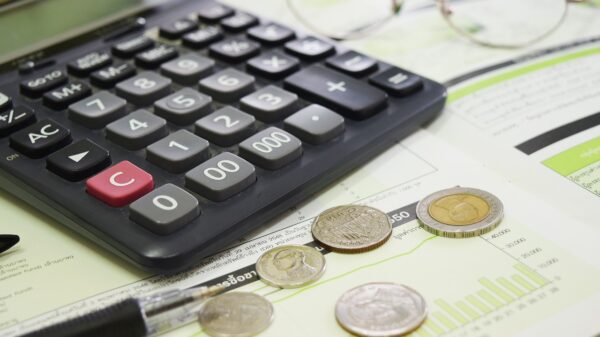
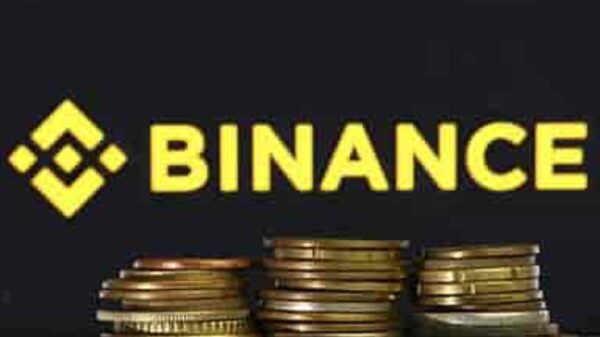
































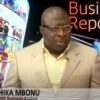
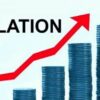
You must be logged in to post a comment Login